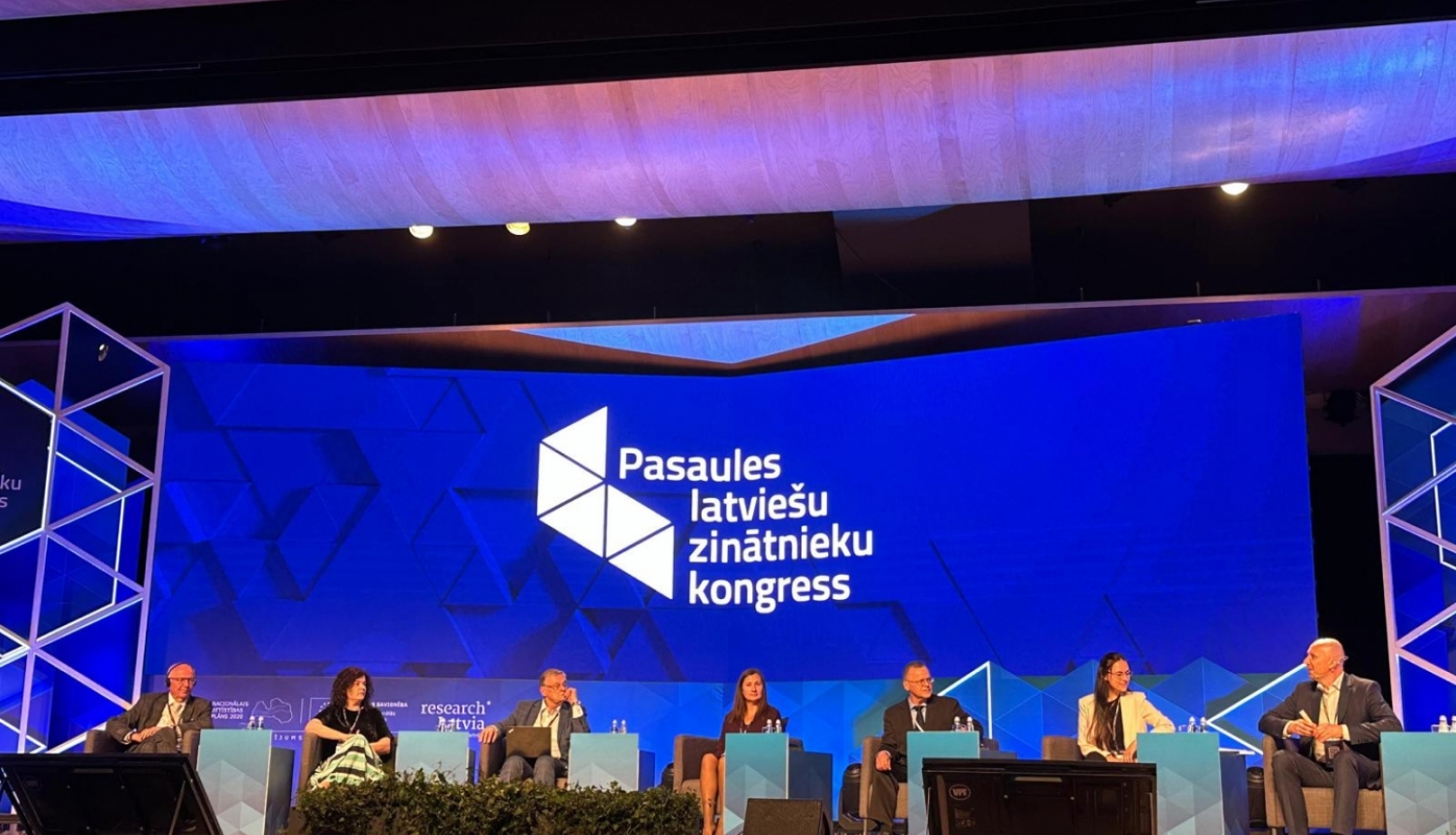The transition to the use and supply of renewable and green energy is becoming increasingly relevant, with science and innovative solutions having a special role in this process. During the discussion of the 5th World Congress of Latvian Scientists "Research Latvia" on developing a sustainable energy supply in Latvia, experts shared their thoughts both on the opportunities created by the green transition and on the challenges that scientists will face along the way. The participants of the discussion emphasized that the creation of energy supply solutions requires a comprehensive approach, interdisciplinary cooperation of different sectors, public education and change of habits.
The discussion was preceded by a presentation by Professor Henrik Lund of the University of Aalborg on Denmark's experience in the transition to green energy. Prof. Lund also noted that Denmark can learn from Latvia's good practice, being aware of the importance of district heating, while understanding that the heating system must keep pace with time. Mr Lund also pointed out that we cannot rely on the development of a single technology – not everything can be electrified, and innovative resources such as green hydrogen will not be suitable for heating or all road transport.
Riga Technical University Professor Andra Blumberga highlighted the topicality of reducing energy consumption and stressed the value of public involvement – scientists should help find solutions for policy makers and at the same time improve people's understanding of their responsibility to conserve energy. For her part, researcher Inese Zepa noted the role of social sciences in the green transformation process, especially in promoting sustainable policy and change in people’s habits.
The discussion covered a variety of sustainable energy sources, including hydrogen, nuclear energy and solar energy. Researchers Andris Šternbergs and Elīna Pajuste recalled the advantage of nuclear energy – accessibility everywhere, regardless of time and place – while Pauls Stradiņš stressed that the use of solar energy has increased significantly in recent years and that the main challenge for the development of solar energy is increasing its efficiency and sustainability through the use of innovative technologies.
The World Congress of Latvian Scientists has been held in Latvia since 1991, and four congresses have been held thus far, bringing together many participants from both Latvia and abroad. In 2018, 750 participants from 24 countries took part in the 4th World Congress of Latvian Scientists. The main objectives of the Congress are to provide opportunities to exchange views on current scientific problems, to establish and strengthen contacts of Latvian scientists with scientists of Latvian origin from different countries, as well as to draw the attention of the public, media and politicians to the importance of Latvian science and the achievements of scientists.
Photo: Toms Norde, Gatis Orlickis / Ministry of Education and Science
The 5th World Congress of Latvian Scientists "Research Latvia" is implemented within the framework of the ERDF project No. 1.1.1.5/17/I/002 “Integrated national level measures for strengthening interest representations for the research and development of Latvia as part of the European Research Area”.




